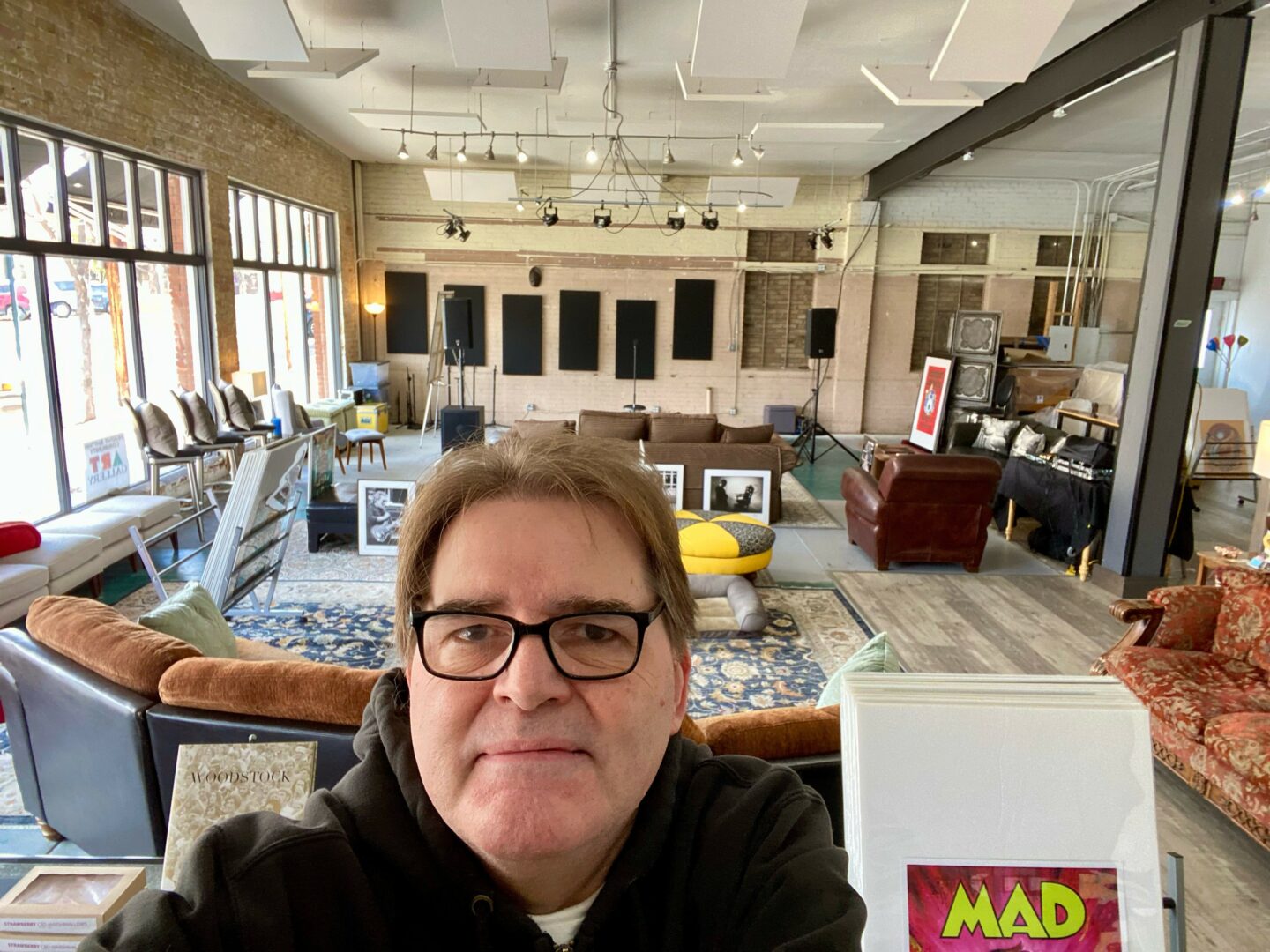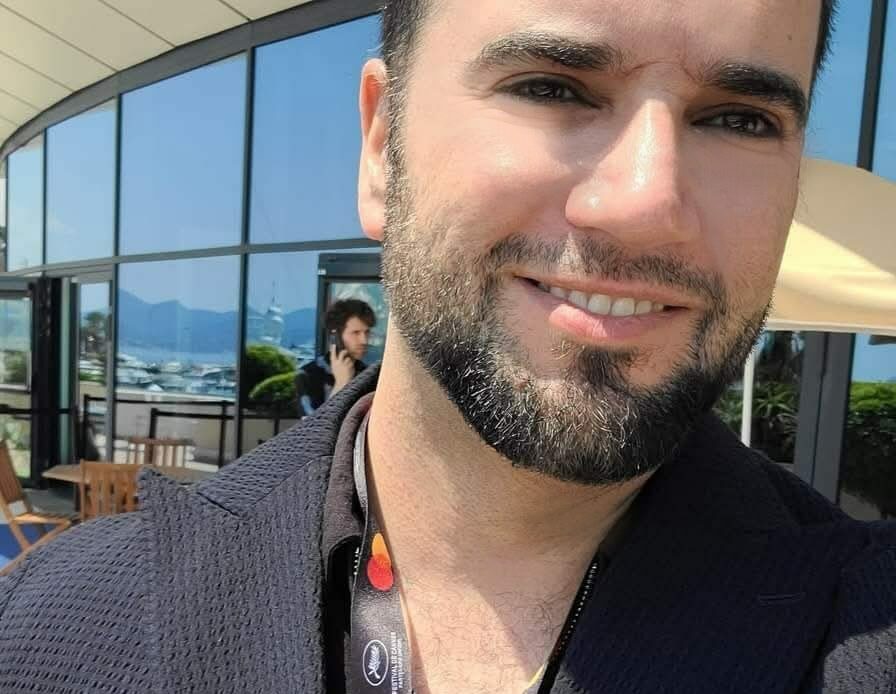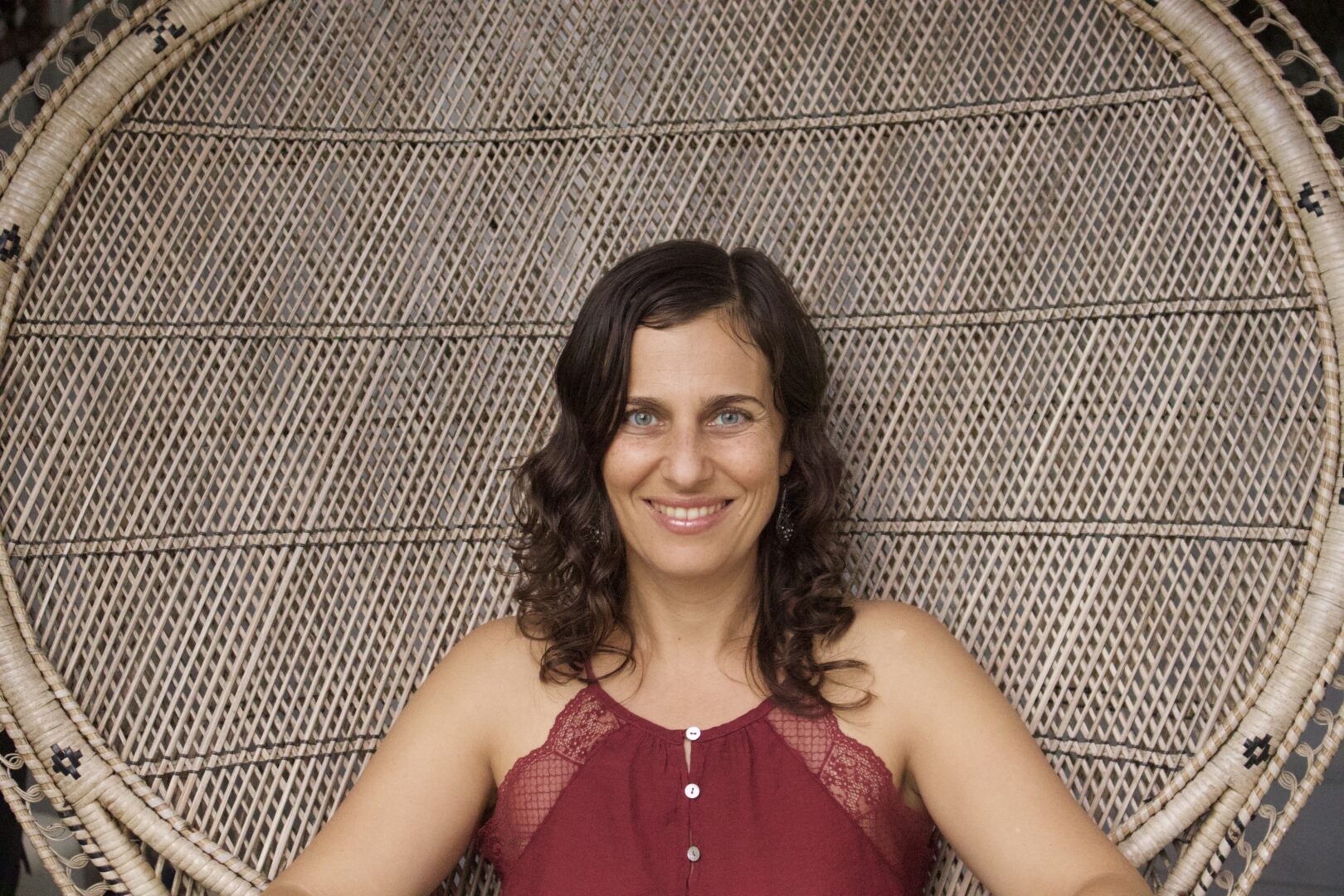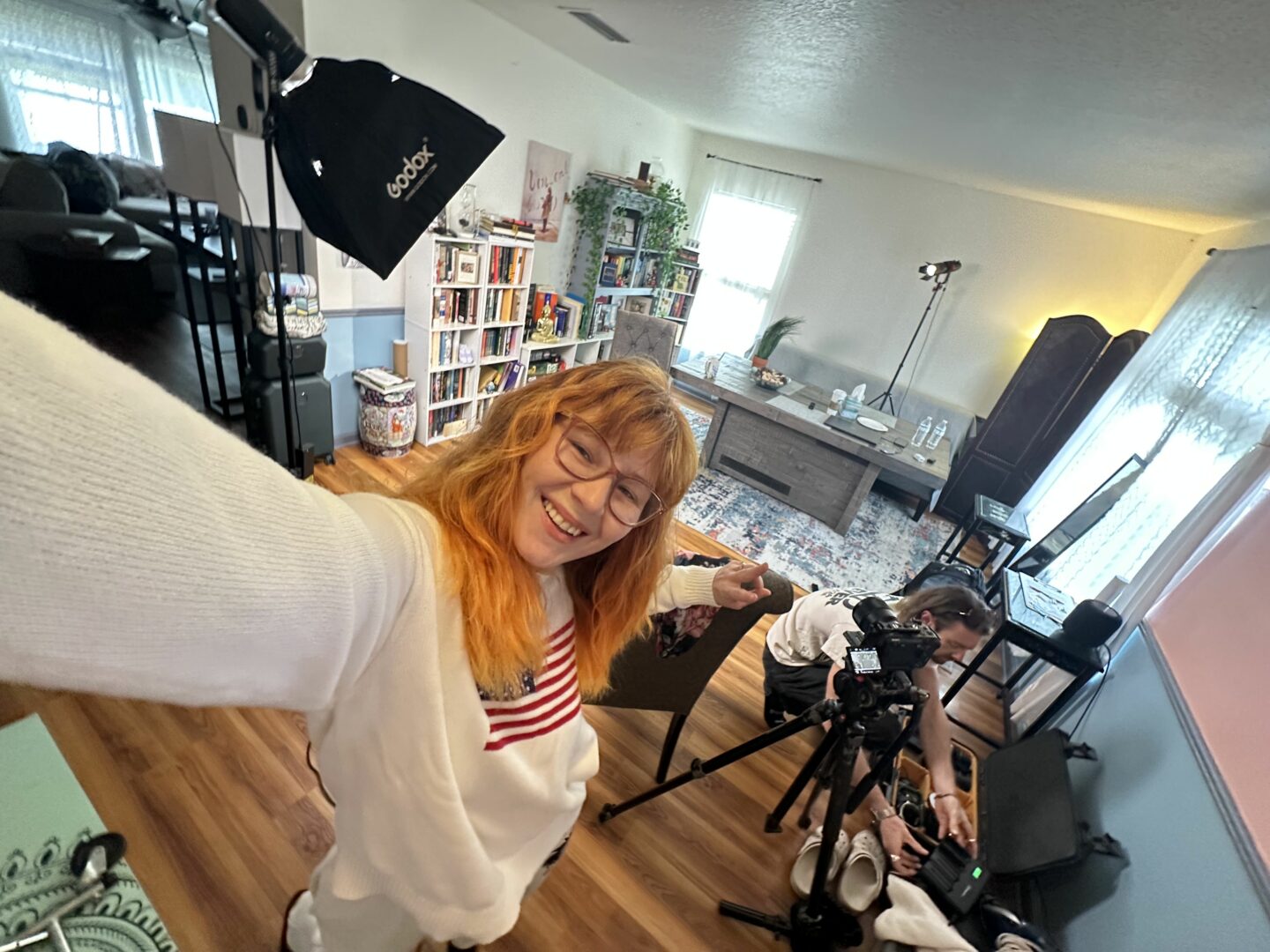Alright – so today we’ve got the honor of introducing you to Kenneth Vail. We think you’ll enjoy our conversation, we’ve shared it below.
Alright, so we’re so thrilled to have Kenneth with us today – welcome and maybe we can jump right into it with a question about one of your qualities that we most admire. How did you develop your work ethic? Where do you think you get it from?
Primarily from my grandparents. My maternal grandparents were both rural school teachers from Lake Village, Arkansas, and my paternal grandmother was a homemaker and a lunch lady in the small town of Banks, Arkansas. As far back as I can remember, all of them were teaching me the importance of a strong work ethic through daily examples or learning experiences. They got up early, worked late, and I never once heard them complain. A memory I have of my grandfather is him having me chop wood for the fireplace from an early age and how much I enjoyed sitting and watching the fire burn on Saturday nights as my sister and I were “forced” to watch Lawrence Welk with the family. I think the simplicity of what this taught me is something I have carried with me my whole life; if I want something nice I have to work for it. A memory I have of my grandma Elsie, my dad’s mom, is how strong in character she was. After her husband died before I was born, she had to cook, clean, and be the main provider for my dad, my aunt Louise, and my uncle Bobby Gene. She made all her meals from scratch and that is hard work. But, again, the time and effort she put into cooking was reflected in the outcome, some of the best food I’ve ever eaten. It was the simple day-to-day activities of my grandparents, not any grand moments, that has been the foundation of my strong work ethic for 65 plus years.
Great, so let’s take a few minutes and cover your story. What should folks know about you and what you do?
I guess you could say I have lived a very full life. Born in 1958 in Redwood City, California, and raised much of my younger years in Central and Southeast Arkansas, I graduated seventh out of a class of ten at Banks High School in 1977 (the same high school my dad graduated from). Much of my mid and late teen years and my twenties were spent running away from home, hitchhiking across the United States twice before I was 20, spending time in jail, and making the decision to leave Arkansas for Colorado, but ending up in Portland, Oregon, in the late 70’s and early 80’s. I didn’t know it at the time, but that decision would very quickly turn into an intense journey into drugs, drug use, and street life that would forever change who I was and how I viewed the world. For the rest of that story, you’ll have to wait on the book I’m working on. After making it to a long-term intense drug treatment program, Sunflower House, in Santa Cruz, California in 1983, my life began to change. Since 1989, I have worked in various areas of disease prevention, health promotion, care, and treatment, with people most impacted by drug use. I’ve focused on the design, implementation, and evaluation of programs to reduce HIV/AIDS and associated health harms, including fatal and non-fatal overdose and viral hepatitis. For over 35 years, I’ve worked in Management, Direct Service Provision, and Consulting for local, national, and international agencies and organizations. In 1996, I was part of a small team of experts working with the Open Society Foundation (OSF), formerly the Open Society Institute (OSI), and the United Nations Programme on HIV/AIDS (UNAIDS), that conducted the first Rapid HIV/AIDS Harm Reduction Needs Assessment in the country of Kazakhstan. The month-long assessment focused on meeting and engaging daily with key government and non-government officials, harm reduction advocates, and people who use injectable drugs to determine immediate and long-term needs and barriers to designing, implementing, and evaluating harm reduction-based programs in this part of Central Asia. Jump forward to today and, as a direct result of this initiative, there are now more than 130 Needle and Syringe Programs (NSPs) in Kazakhstan, which are a major component of the country’s harm reduction efforts. These programs are a primary access point for services for people who inject drugs. In my public health career, I’m most proud of this accomplishment. I have a BA in Cultural Anthropology from the University of California Santa Cruz, an MPH in Social and Behavioral Sciences from Boston University School of Public Health, and an MA in Medical Anthropology from Case Western Reserve University. I continue to utilize my academic and practical experiences to provide public and private consultation as part of my business, the Healthy Rhythm Creative Group (HRCG). HRCG is made up of Healthy Rhythm Consulting Agency (HRCA), Healthy Rhythm Music Services (HRMS), and Healthy Rhythm Art Gallery (HRAG), a world-class eclectic Gallery and intimate Performance Venue for lovers of high quality Art and Live Entertainment. Over the past 15 plus years, I have collected, curated, exhibited, and/or sold more than 1,000 pieces of art from around the world. I have also amassed a live entertainment catalogue of more than 250 touring musicians and artists from Sweden to San Francisco. In September of this year I relocated to the Gulf Coast where I’m in the process of renewing and expanding HRCG after spending over a decade in Montrose, Colorado. Being close to my brother Brandon and his family, as well as my love for the ocean, has inspired me to continue writing my memoirs for publication. My personal and professional tagline is see • think • believe™! Because anything really is possible. I hope I answered your question.
If you had to pick three qualities that are most important to develop, which three would you say matter most?
Pleasure, discipline, and courage. Think BIG. Never quit. And don’t be afraid to change. It is the only constant in my life.
Also, during my time as an Albert Schweitzer Urban Fellow while going to school in Boston, I came up with my own personal philosophy of life: Respond, do not react. However, always remember your life is your argument.
What you do or don’t do is what people will remember.
Alright, so before we go we want to ask you to take a moment to reflect and share what you think you would do if you somehow knew you only had a decade of life left?
Finishing and publishing my memoirs. Spending time with family and key friends. Traveling the United States. Although I have traveled to 25 different countries and 49 out of 50 states, I haven’t been to Alaska. And there are so many special places to visit without ever leaving the United States.
Contact Info:
- Website: www.healthyrhythm.net
- Instagram: @healthyrhythm
- Facebook: Facebook.com/HealthyRhythm
- Linkedin: linkedin.com/in/kenneth-vail-22a7b713
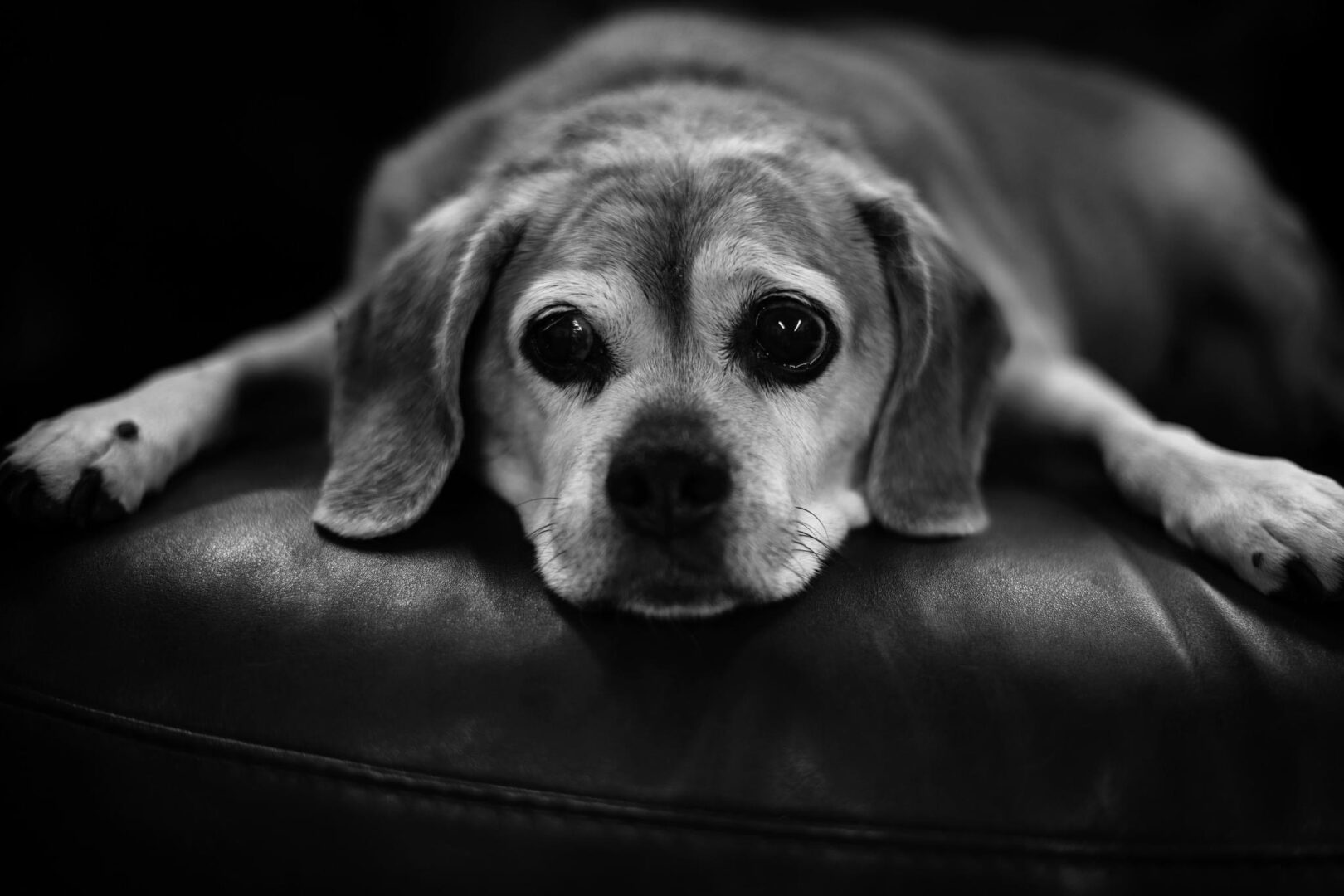
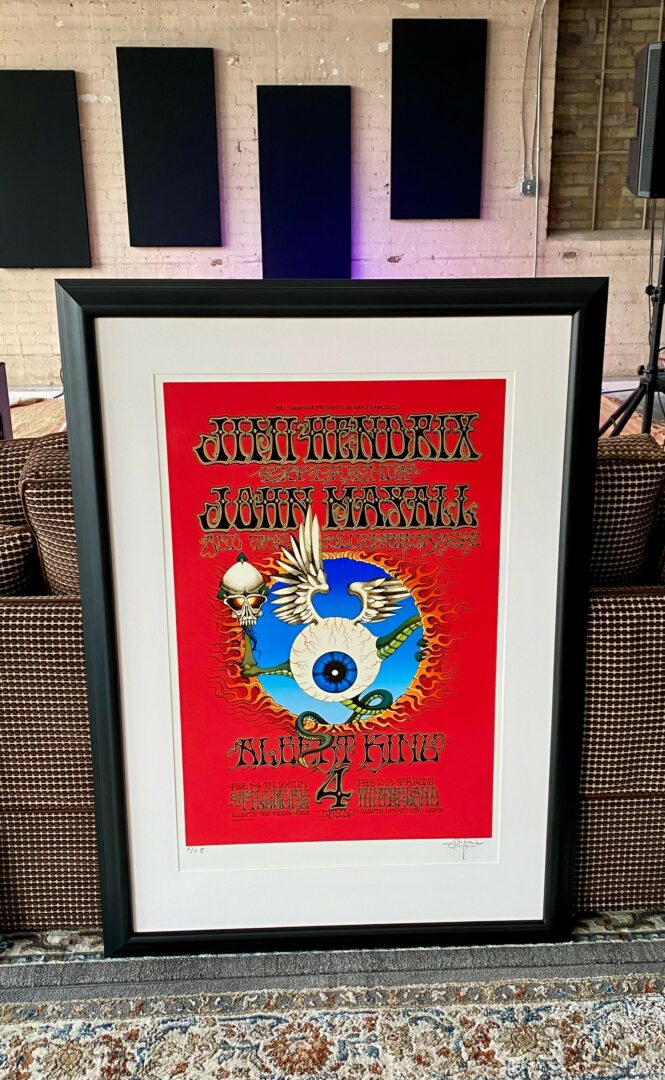
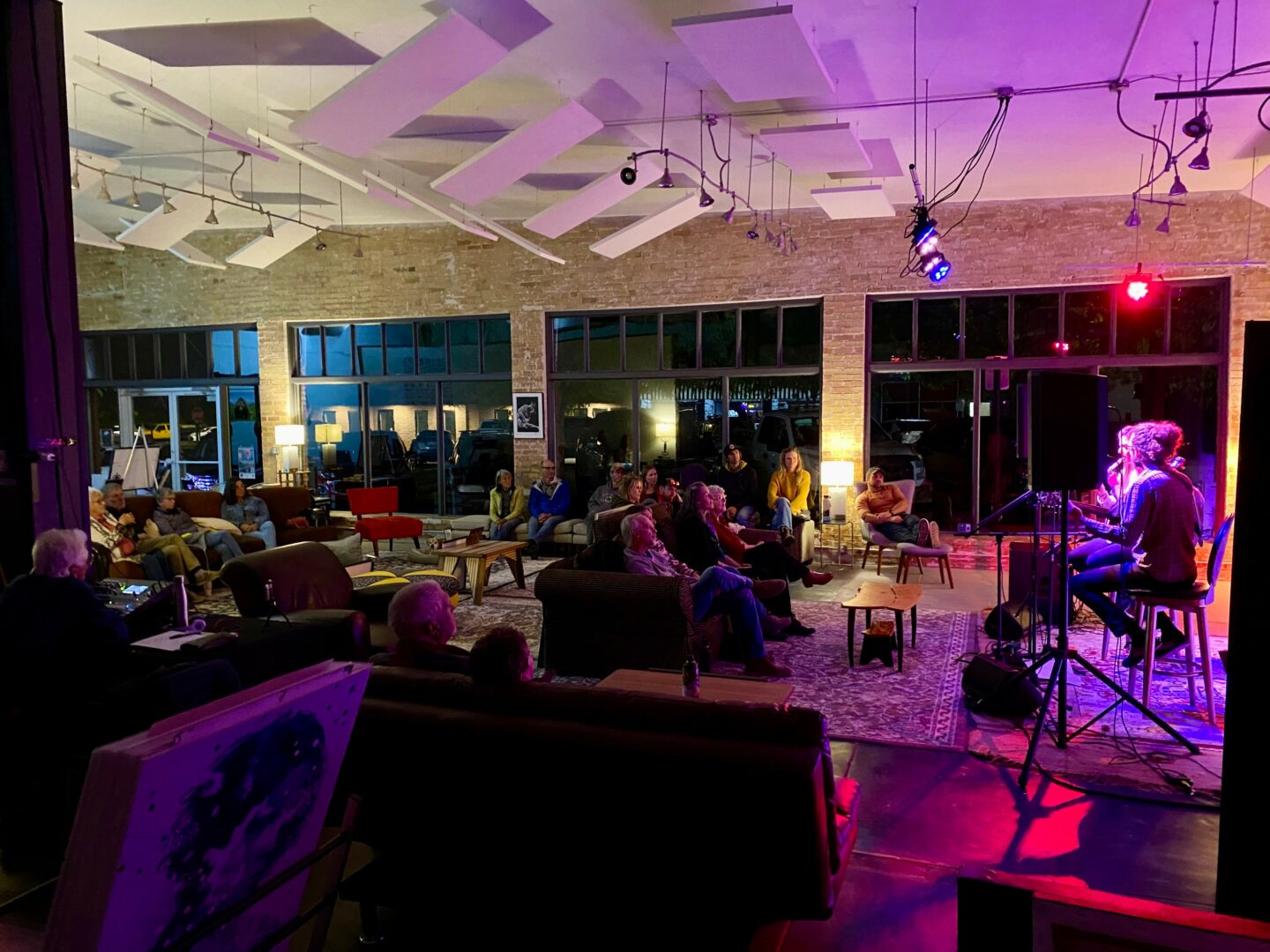
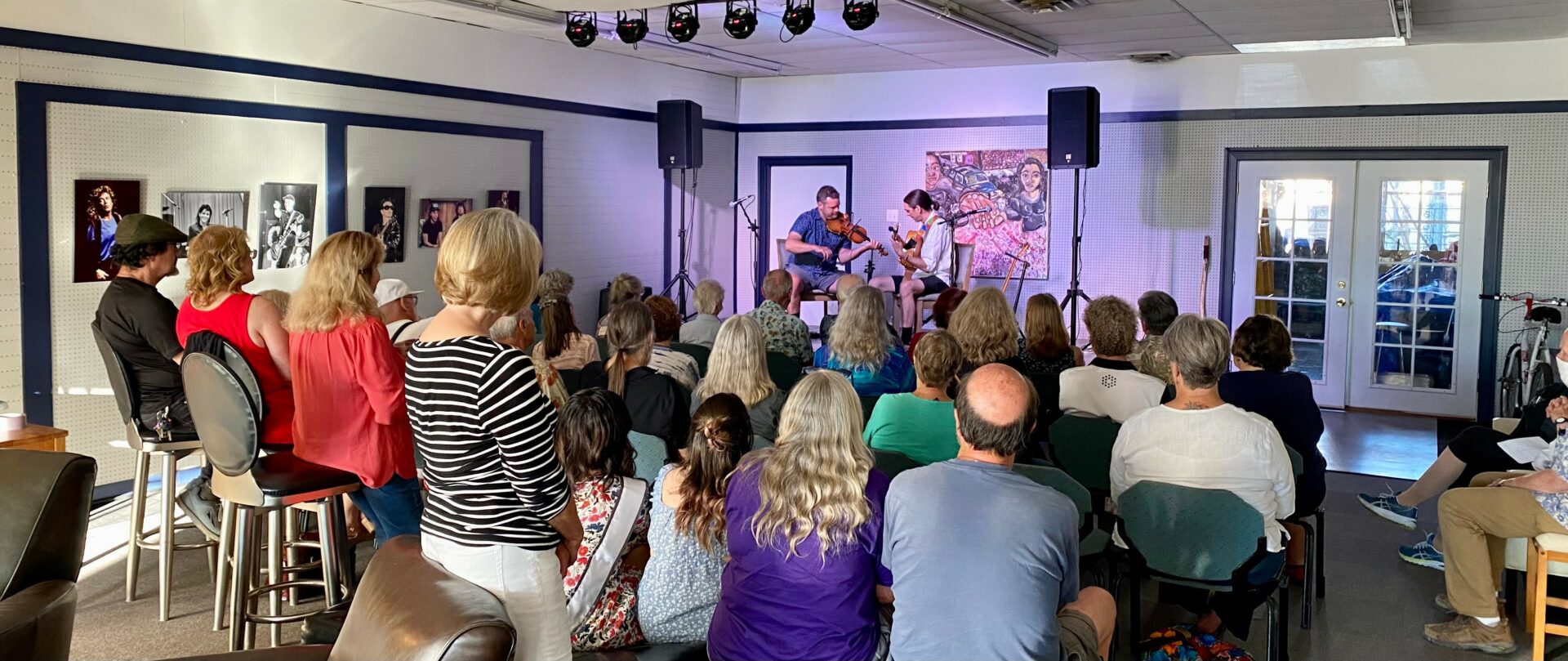
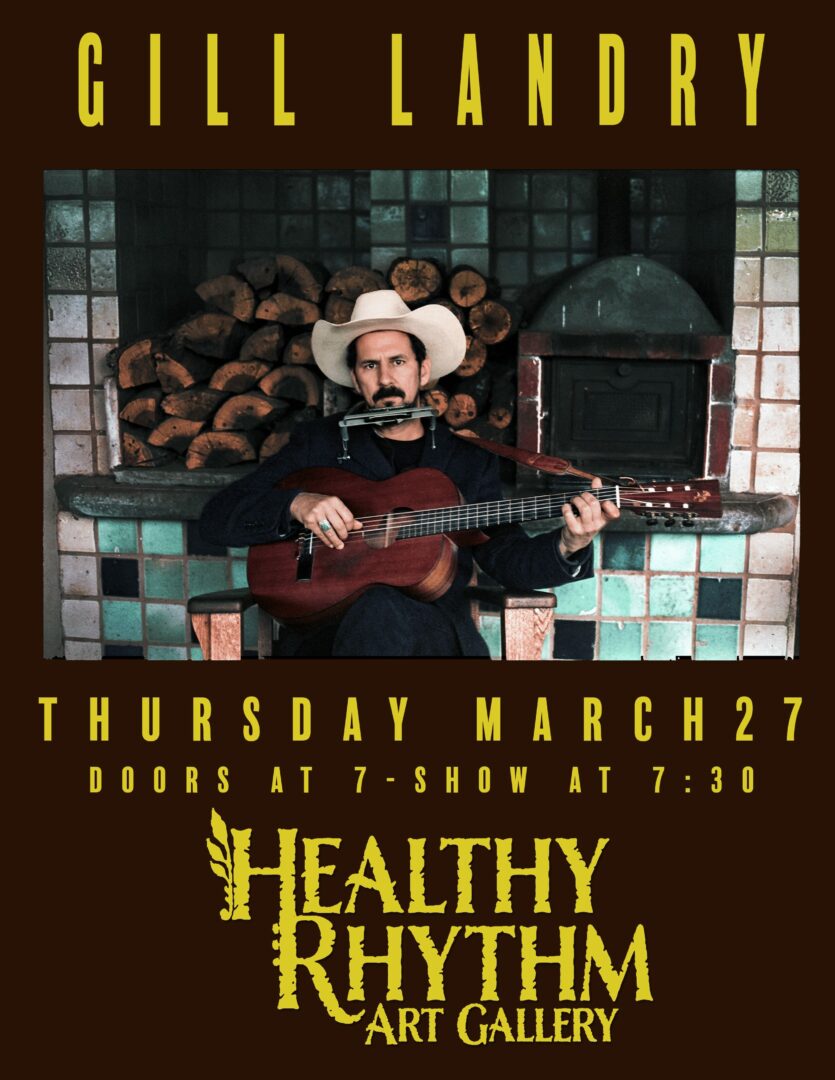
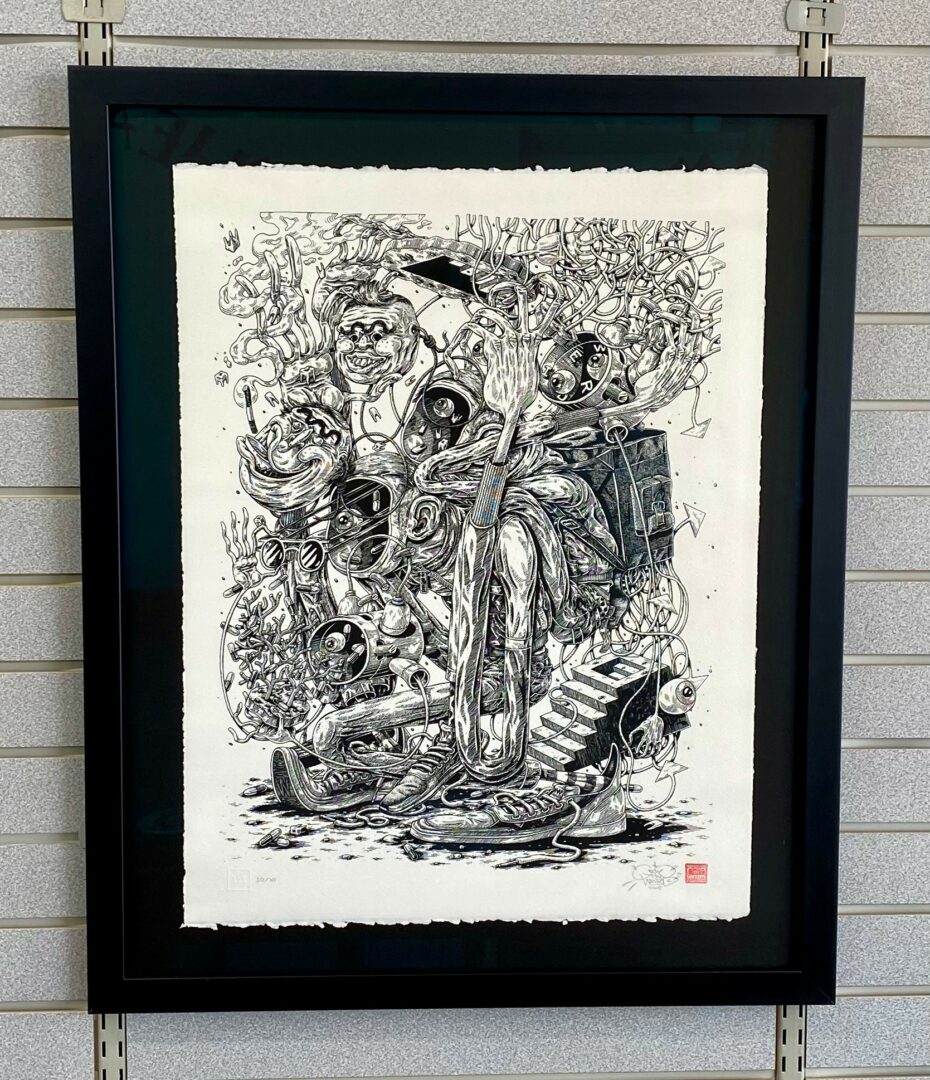
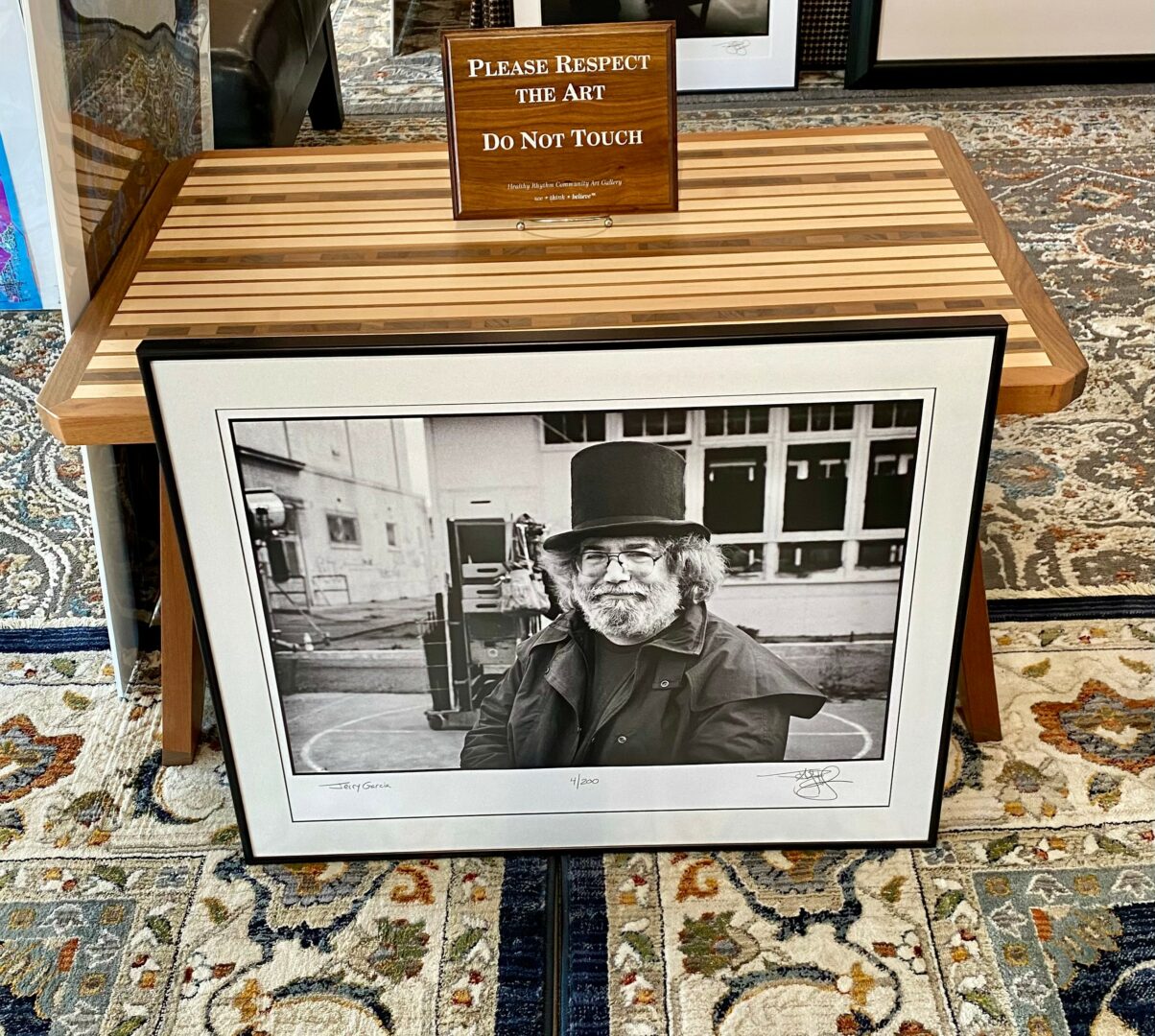
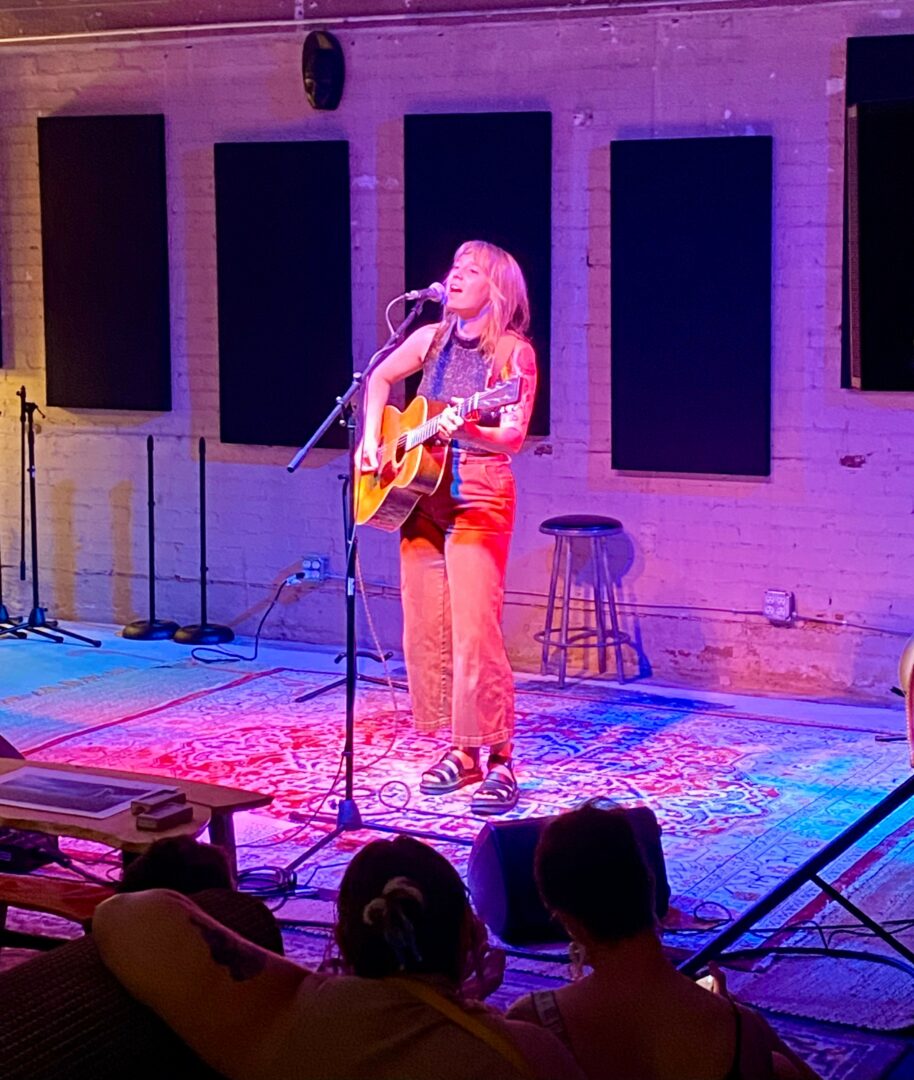
Image Credits
Healthy Rhythm Art Gallery

